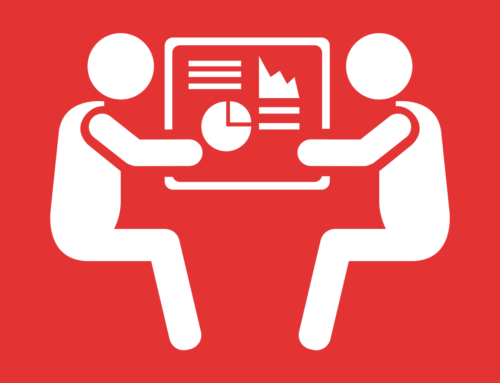Guide to RPO’s: What it is & When to use it!

What Does RPO Stand For in Recruiting?
RPO stands for recruitment process outsourcing. As the name suggests, it enables owners and managers to hand over some or all of their recruiting processes to an outside provider.
Among the most common uses involves companies reaching a point where they have a decision to make around their company’s recruitment. It often comes down to increasing the size of internal recruitment and human resource teams or transferring the responsibility to a professional third party.
Much as a business might decide to transfer its financial admin to an accountancy firm or its network infrastructure to an IT company, RPO enables companies to concentrate on what they do best. At the same time, another brand takes care of sourcing, hiring, and placing candidates to reach hiring needs.
The term covers both full and partial handover of recruitment. Companies with established in-house recruitment teams generally continue with business as usual. Simultaneously, their RPO professionals take care of tasks that go beyond day-to-day requirements.
When to Consider RPO?
For many businesses, the decision to use RPO comes down to either rapid expansion or specialist requirements.
When a retail or hospitality business opens multiple new locations simultaneously, it might enlist an RPO provider due to the benefits. They will plan recruitment, advertise roles en masse, sift through candidates, onboard new employees, and place people in the correct positions. Naturally, this leaves them to focus on their current locations and higher-level decisions, safe in the knowledge that their new additions will be ready for launch.
Alternatively, a company may spot a gap in an unfamiliar market that seems ideal for its products or services. In-house recruiters may be just as new to the market as the management team, leading to a need for skilled staff. An RPO partner can use their market knowledge to place people with skills and experience suited to the planned expansion. As a result, the business leverages the wisdom of others to make a critical talent acquisition hire.
RPO or Conventional Recruitment Agencies?
Recruitment agencies generally work to a brief. Then, companies inform them of their hiring requirements, and the agency gets to work to find the perfect fit. Once the candidate is in place, their work is often done.
RPO recruitment differs because it is a full-service process that looks beyond individual hires. It serves as a direct extension of the core business. An RPO provider will where required, take care of everything from the initial acquisition strategy, including role descriptions and unique requirements, through to preparing your workspace for a new hire’s arrival.
The close integration between businesses and RPO providers reflects in the fact that many partnerships involve representatives of the RPO company working on-site alongside the core team.
Choosing an RPO Provider
The right RPO provider brings something to your current recruitment processes that they currently lack. Local expertise, wider reach, and advanced processes can be great reasons to outsource the hiring process.
Ultimately, Recruitment Process Outsourcing is all about finding and acquiring the right talent to excel in required roles. JCSI specializes in doing just that, with more than 20 years of experience attracting the right employees to take businesses like yours to the next level. We work with companies of all sizes across numerous sectors to overcome pain points in the hiring process and deploy unique recruitment processes to allow for cost savings.
Your Ideal Project-Based RPO Company
JCSI helps you find the most qualified candidates at 60-80% lower cost per hire. Allowing you to hire the best fit for the job, not just the best available through job postings.
Contact the JCSI team today to discover how our RPO recruitment services can take the headache out of making the perfect hire for your organization.




